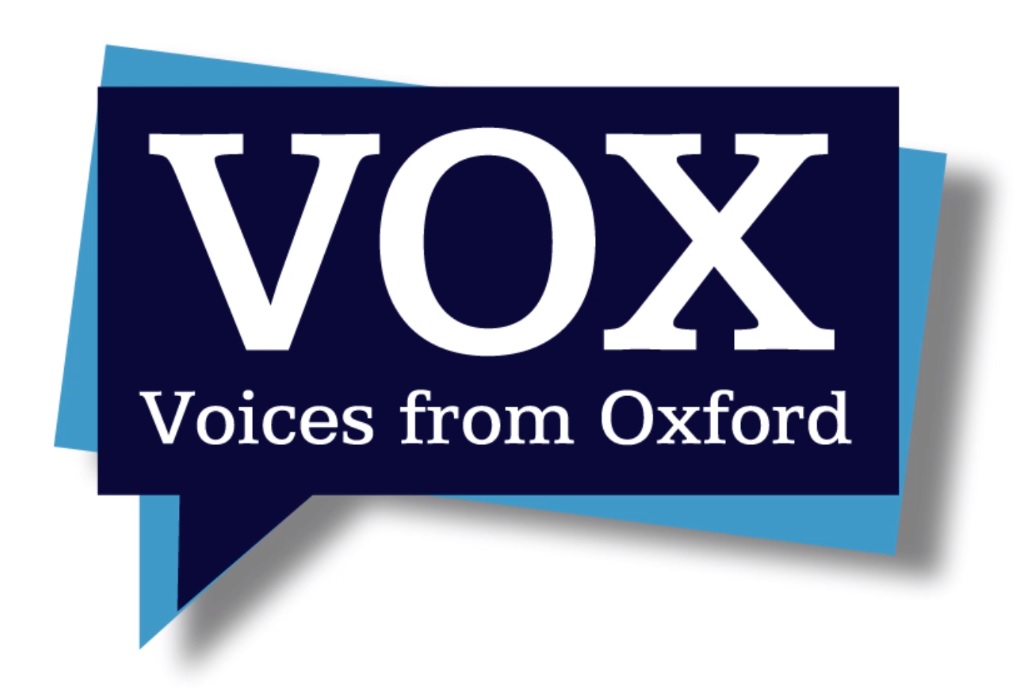
Professor of General Pathology at the Department of Biosciences, University of Milan
One of the innovative aspects of anti-cancer therapies concerns the
possibility of inhibiting tumor growth by blocking blood supply. The
simple idea is that, if starved, the tumor will not grow but, on the
contrary, will shrink and become more susceptible to chemotherapy and
radiotherapy. Cancer cells induce the formation of their own vascular
system by recruiting new vessels from the host. However, the resulting
vasculature is structurally and functionally abnormal. The vessels are
leaky, tortuous, dilated and have lost hierarchy. The endothelial cells
lining these vessels have aberrant morphology and are frequently
retracted exposing the underlying matrix and tumor cells to the blood
stream. These structural abnormalities cause edema and hemorrhages
contributing to interstitial hypertension, hypoxia, and acidosis.
Impaired blood supply and interstitial hypertension create areas of
necrosis and interfere with the homogeneous delivery of therapeutics.
These observations suggest that normalization of tumor vessels may be
important to improve perfusion of the tumor microenvironment and,
ultimately, improve cancer treatment. Furthermore, the normalized
vasculature may be more resistant to tumor cell infiltration and
metastatic dissemination. In general our research is focused at
understanding the mechanisms that regulate the formation of the vascular
system in tumors in order to induce their regression.
Our approach include studies in vivo using tumor models and genetically
modified organisms and in vitro using cultured endothelial cells of
different origin.
